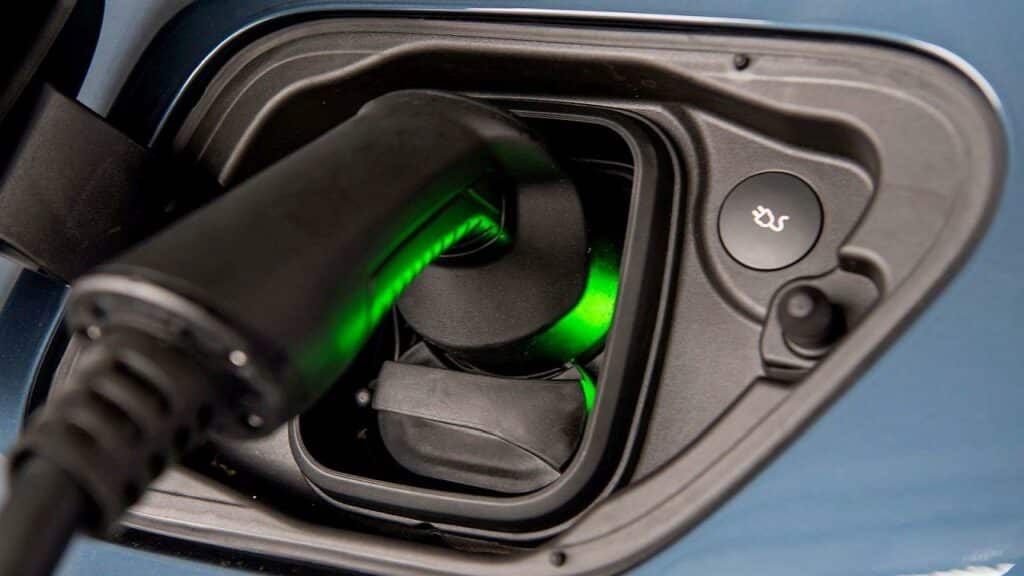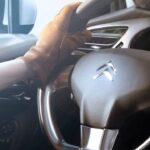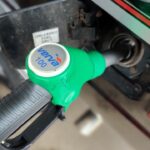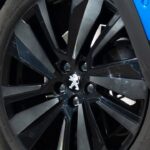This week’s recalls:
– Nissan Leaf – actuator plate
– Nissan e-NV200 – actuator plate
– Polestar 2 – Battery Energy Control Module
Three recalls of two manufacturers were issued for three models in the 44th week of 2020 through the Rapex system. Polestar issued two actions, while Nissan one.
All three this week’s recalls are for electric cars. With the Nissan e-NV200 and Nissan Leaf, the welding of the actuator plate can be defective, causing the park lock not to engage when the customer shifts into the “Park” position. This can result in unexpected vehicle movement, increasing the risk of an accident.
The Polestar 2 may have defective Battery Energy Control Module (BECM) software, which can cause loss of power while driving, increasing the risk of an accident. Because all the units produced so far will be recalled, the headlights will be adjusted at the same time, which may have been set too high.
Several recalls have recently been announced for plug-in hybrids, mild hybrids and fully electric cars. Here is an overview of all articles we have published on this topic so far. Due to the increasing number of problems, we have also introduced a new EV/Hybrid tag.
See the table below for all the recalls from this week.
An overview of articles on EV/Hybrid issues
- Audi recalls e-Tron due to the moisture penetration that could result in fire
- The first recall for the fully-electric Mercedes-Benz EQC
- Audi to recall over half a million 2017-2020 hybrids: Generator can overheat and catch fire
- Ford Kuga PHEV: The battery can overheat. 28,000 plug-in-hybrids in fire risk
- BMW urges owners not to charge its plug-in hybrid models, announces a recall
- Risk of fire with Audi, failure of hybrid drive with Volvo (week 39/20)
- BMW is recalling another 26,700 plug-in hybrids (PHEV) due to the risk of fire
- Extended Kuga PHEV recall: Ford apologizes via video and offers a fuel voucher of 500 euros
Recalls announced in the 44th week of 2020
| Make, Model (years) | Problem |
|---|---|
| Nissan Leaf (2019) | Unexpected vehicle movement. |
| Nissan e-NV200 (2019) | Unexpected vehicle movement. |
| Polestar 2 (2020) | The control unit’s Battery Energy Control Module (BECM) software can be defective. |
| Polestar 2 (2020) | The headlights may have been set too high. |
-rb-
Where now?










Currently 5219 Recalls